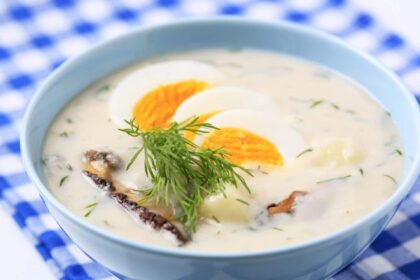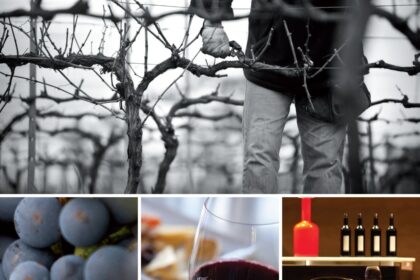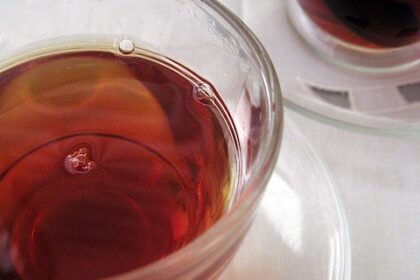
The exceptional, perhaps overlooked, qualities of German wine — in particular its signature grape Riesling — are a reliable source of enjoyment for wine aficionados the world over. And not content with simply producing good wine, the nation’s viticulture community has also been spearheading a widespread shift to organic cultivation.
Between 2006 and 2010, the area of organically sound winegrowing land practically doubled, from 2,700 hectares (6,672 acres) to in excess of 5,000 hectares (12,355 acres). That value is now considerably higher, with Ernst Buscher of the German Wine Institute stating that the country is now amongst the largest producers of organic wine in the world, alongside Italy and Greece.
Consumers have the logos of four organic wine associations to look out for on bottle labels, namely Bioland, Naturland, Demerter and most notably, Ecovin. The latter is the world’s largest affiliation of organic wine estates.
The majority of Germany’s winegrowing areas are centered on the south-western city of Stuttgart and surrounding areas, benefiting from the favorable soils of the Rhine valley. Many UK travel operators run short cruises and mini breaks along the famous river, a good starting point for an epic cultural tour through Germany.
Spend a few days taking in the beautiful port city of Hamburg, followed by a quick overland hop to Dusseldorf where you can follow the Rhine down to Bonn, the gateway to the Moyenne Rhenarie wine producing region. There you’ll lose yourself in glasses of Spatlese in no time.
Over the last few years in Germany organic wines have become widely available in general stores and wine shops. Buscher suggests the integration of organic production methods into conventional winemaking is a key reason why organic has been accepted into mainstream thinking. Organic production methods include techniques such as attracting particular insects to fertilize and maintain crops rather than using the traditional artificial fertilizers and pesticides.
“Organic wine producers have always been pioneers in German wine production,” concludes Buscher. Let’s raise a glass to the steady continuation of this trend.
Jessica Festa
Latest posts by Jessica Festa (see all)
- A Culturally-Immersive Adventure In Mongolia’s Altai Mountains - Jul 8, 2023
- This Recipe Sharing Platform Supports Women In The Culinary Industry (Labneh Recipe Included!) - Nov 5, 2020
- Hiking The Mohare Danda Community Eco-Trek In Nepal - Jun 3, 2020
- 6 Important Questions For Choosing A Responsible Yoga Retreat - May 18, 2020
- How To Create & Grow A Profitable Blogging Business (Ethically) - Jan 18, 2020




